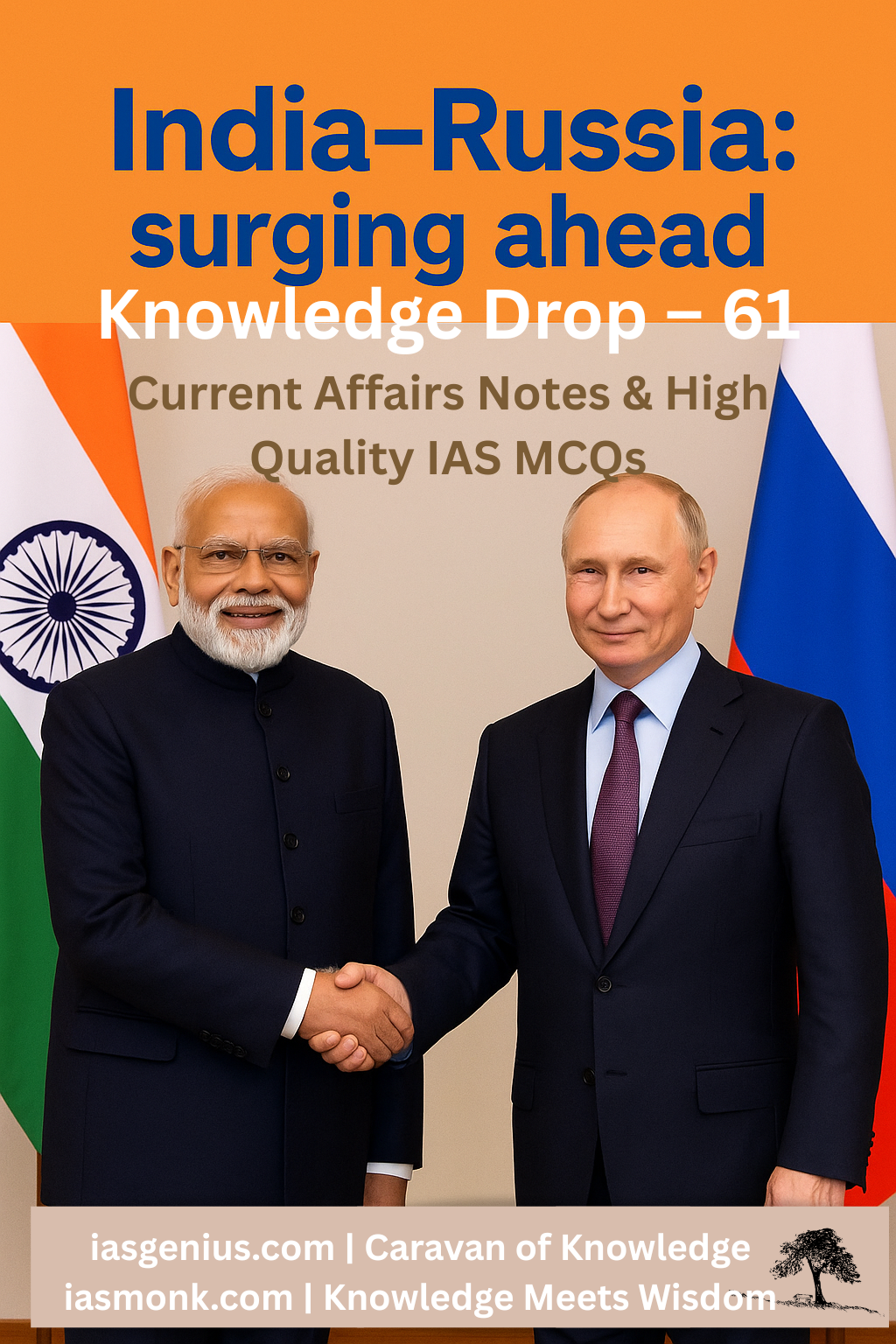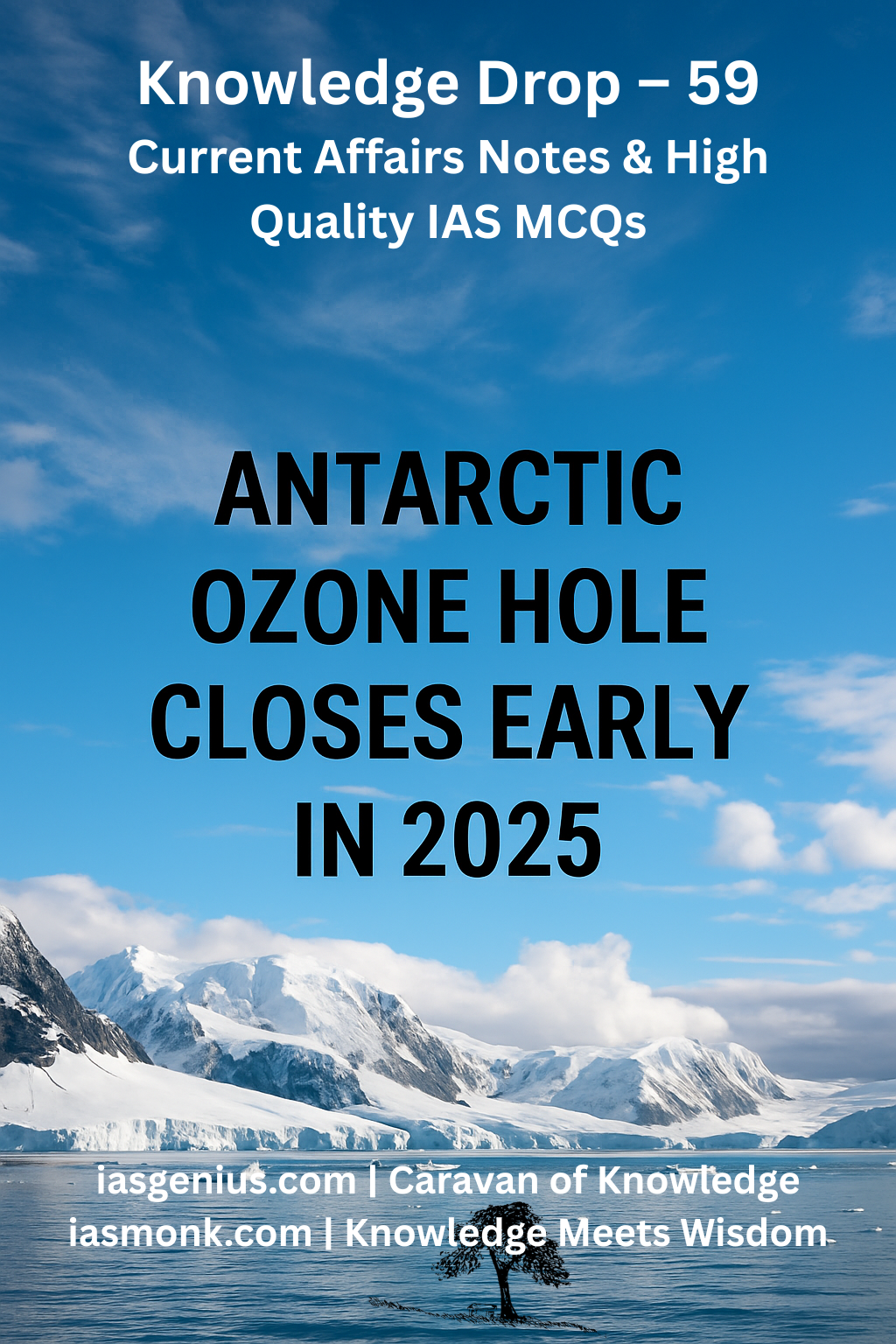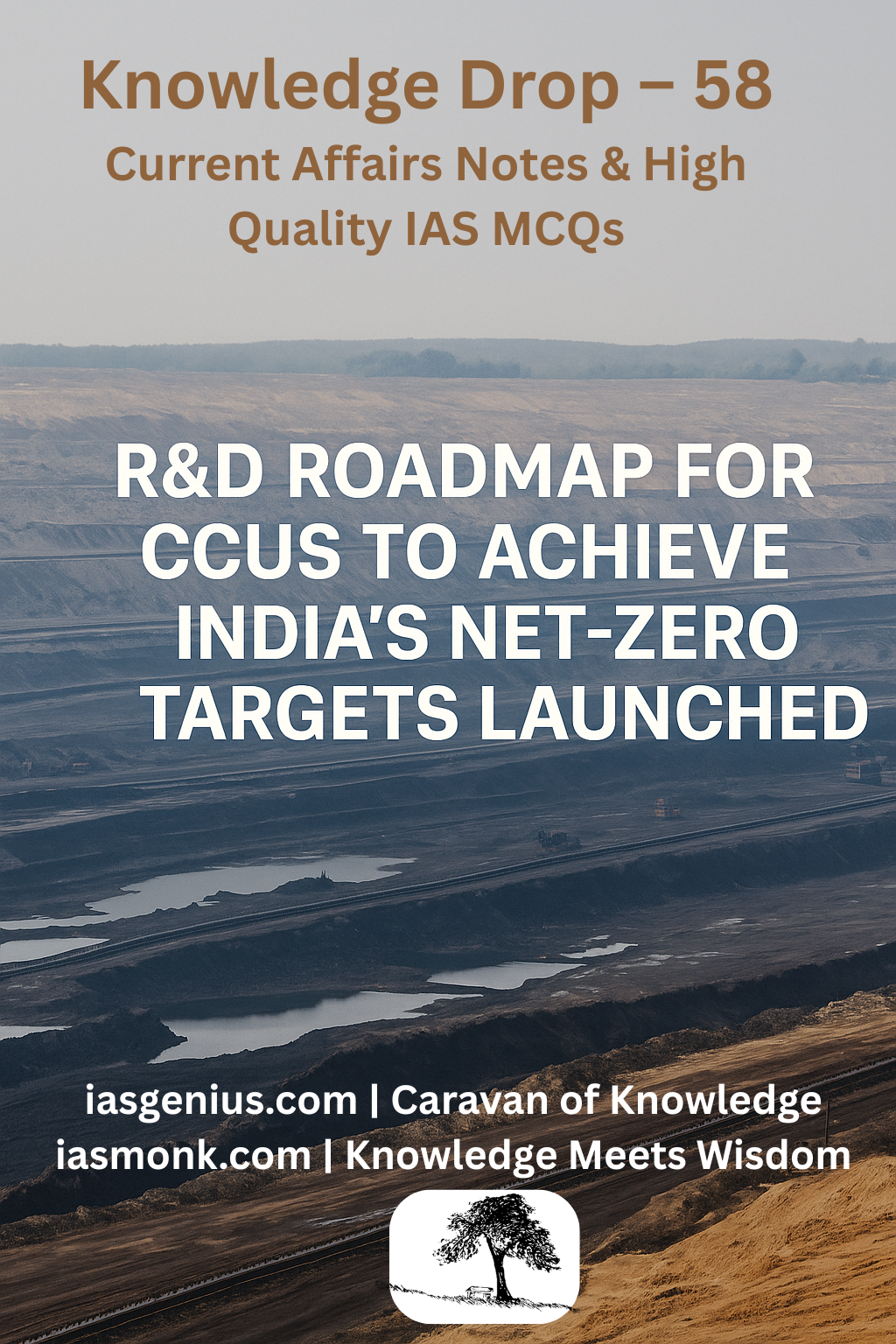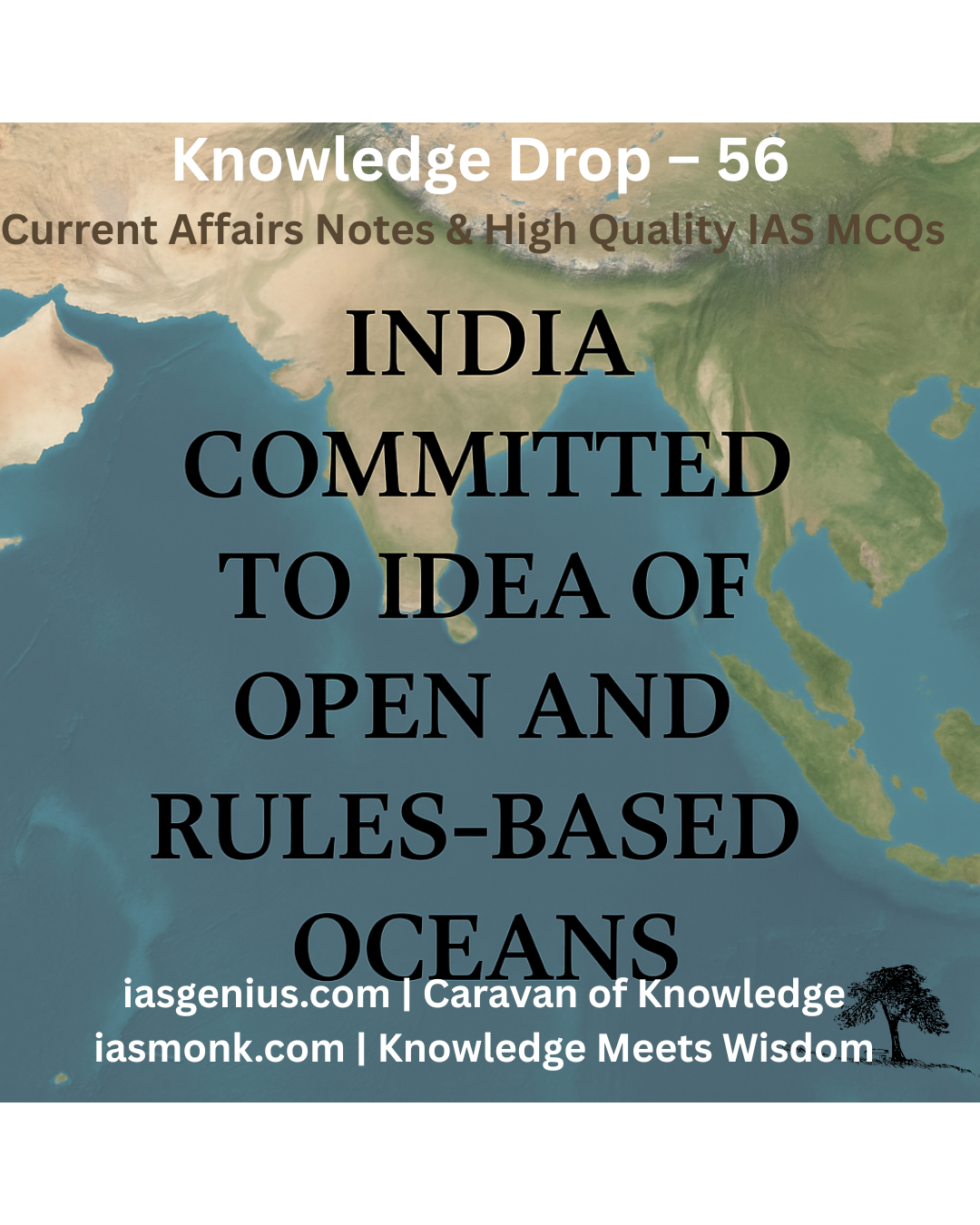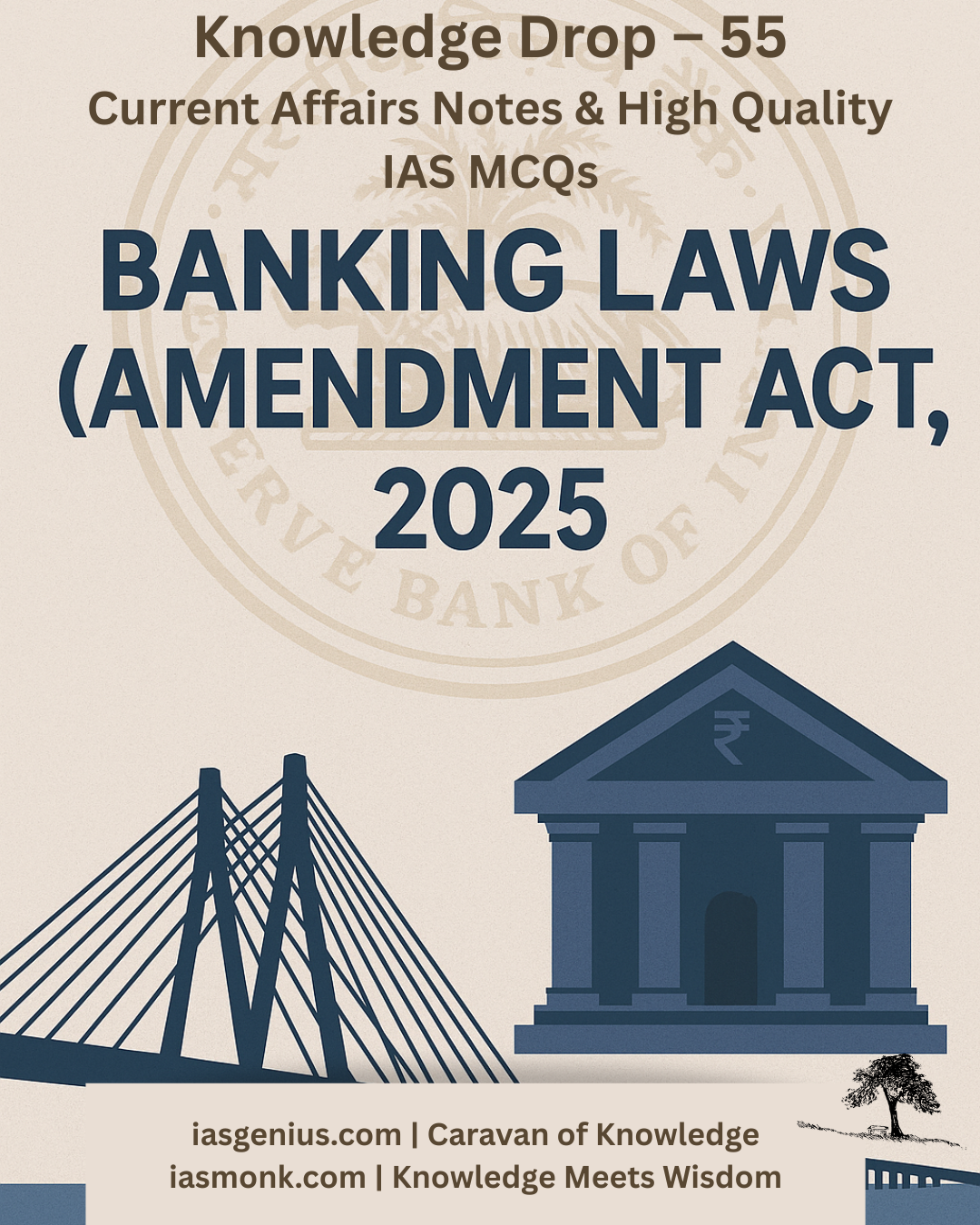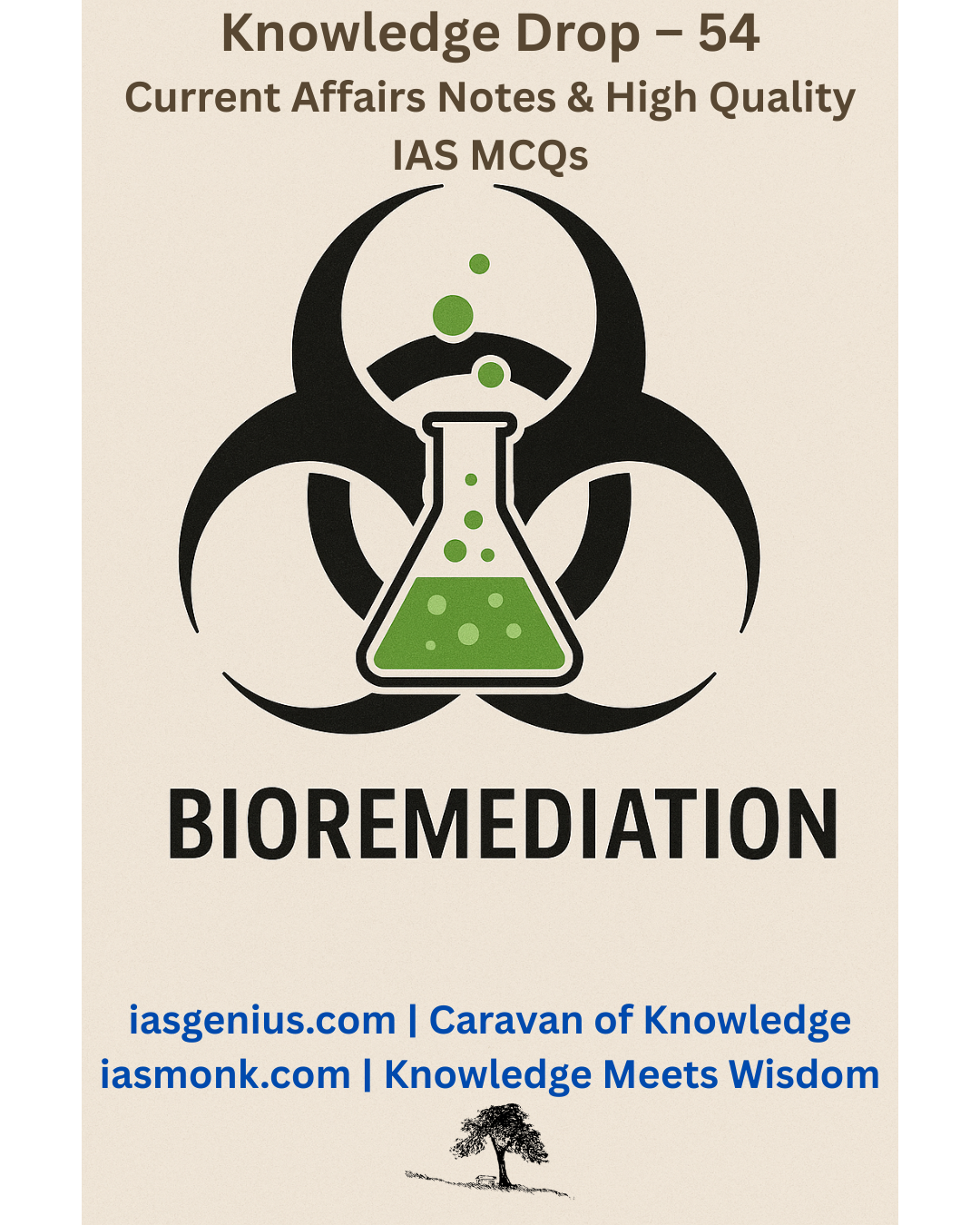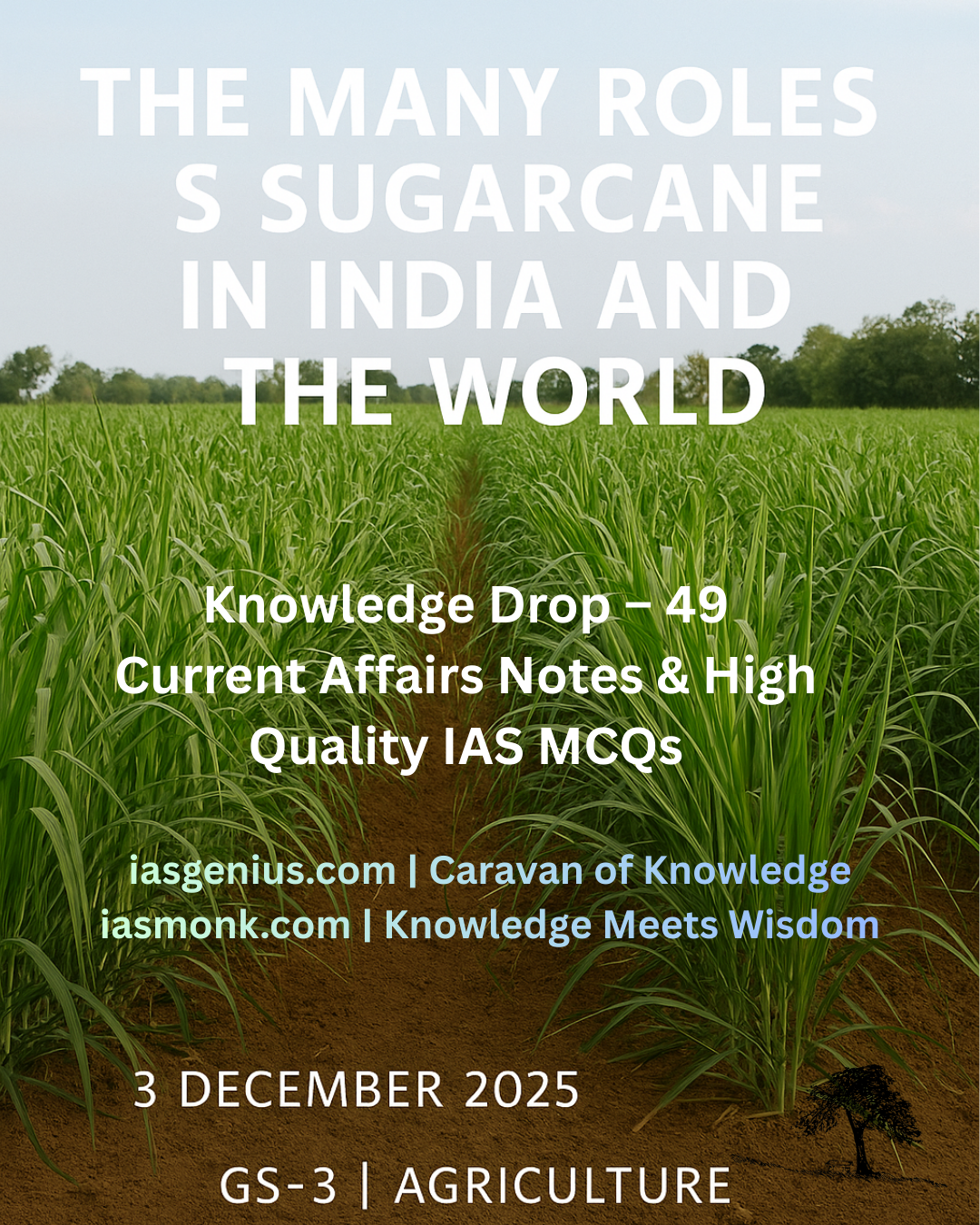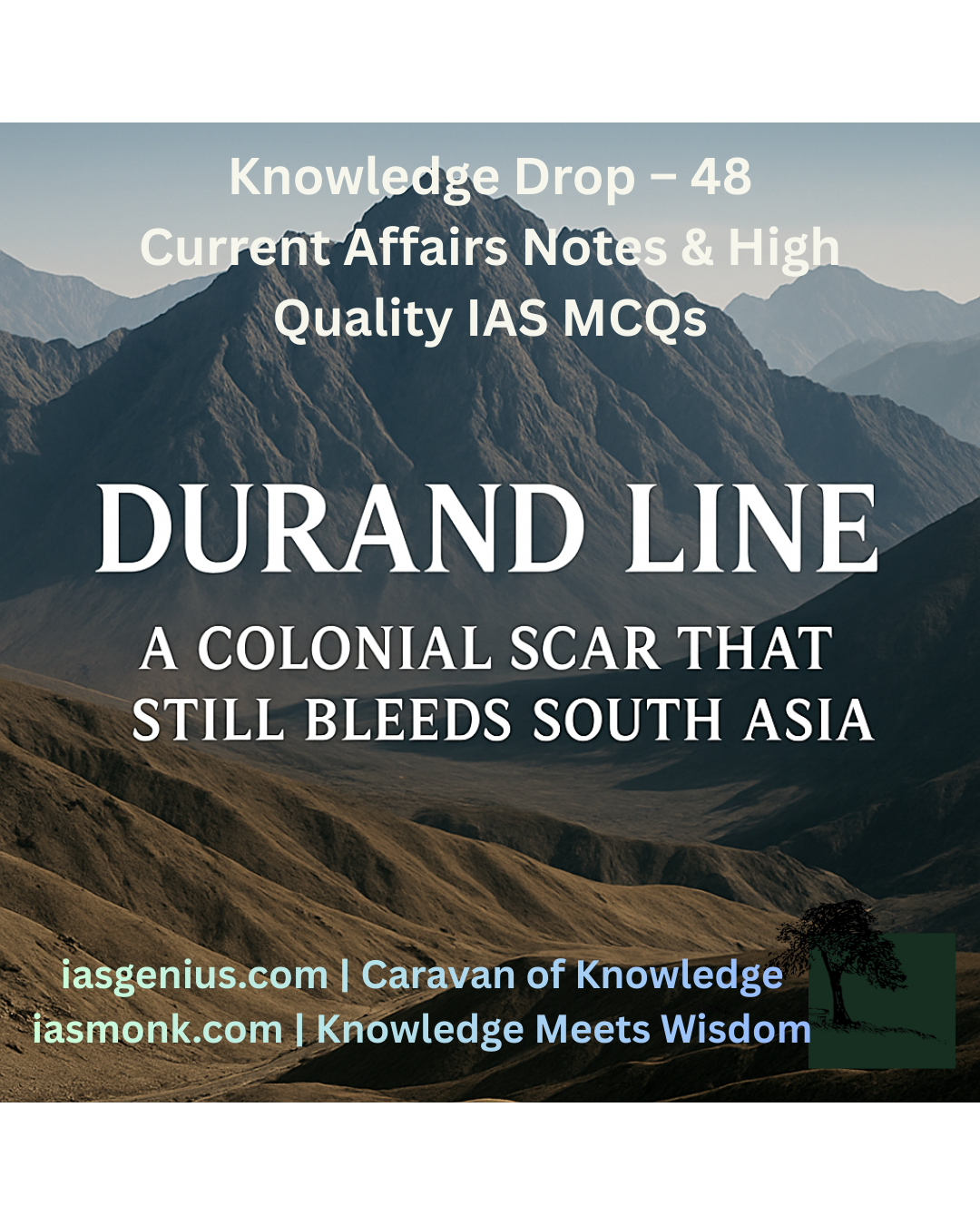
🌐 May 2, 2025, Post 1: Financing the Future We Promised |Mains Essay Attached | Target IAS-26 MCQs Attached: A complete Package!
INTERNATIONAL HERO — PETAL 02 📅 May 2, 2025
Financing the Future, We Promised

📅 May 2, 2025
Thematic Focus: Global Finance, Sustainable Development, International Institutions
🌿 Opening Whisper
When the world stumbles, justice must ride on the wings of equity.
🔍 Key Highlights
• UN Secretary-General Antonio Guterres urged urgent reforms in three critical areas to bridge the global financing gap and meet the 2030 Sustainable Development Goals (SDGs).
• Developing nations are spending over $1.4 trillion annually on debt servicing, leaving limited space for development investments.
• Progress on SDGs has slowed due to economic instability, conflicts, and trade fragmentation.
🔧 Three Key Areas of Reform
1. Debt Reforms
– Expand G20’s Common Framework to include middle-income countries.
– Revise credit rating methodologies to lower unjust borrowing costs.
– Reform IMF & World Bank debt sustainability metrics to factor in climate vulnerabilities and SDG investments.
2. Strengthening International Financial Institutions
– Recapitalize Multilateral Development Banks (MDBs) to enhance lending power.
– Focus on mobilizing affordable private finance for sustainable development.
3. Diversifying Finance Sources
– Mobilize domestic resources to bolster health, education, and infrastructure.
– Promote blended finance with the private sector.
– Strengthen anti-corruption frameworks to safeguard funds.
🧠 Concept Capsule: Sustainable Development Goals (SDGs)
The SDGs, adopted by the UN in 2015 under the 2030 Agenda, comprise 17 global goals aimed at ending poverty, protecting the planet, and ensuring peace and prosperity for all.
List of the 17 SDGs:
- No Poverty
- Zero Hunger
- Good Health and Well-being
- Quality Education
- Gender Equality
- Clean Water and Sanitation
- Affordable and Clean Energy
- Decent Work and Economic Growth
- Industry, Innovation and Infrastructure
- Reduced Inequalities
- Sustainable Cities and Communities
- Responsible Consumption and Production
- Climate Action
- Life Below Water
- Life on Land
- Peace, Justice and Strong Institutions
- Partnerships for the Goals
📘 GS Paper Mapping
Prelims:
• SDGs & 2030 Agenda
• Institutions: IMF, World Bank, MDBs
• COP30 Climate Conference
Mains:
• GS II – Issues relating to international institutions and global groupings
• GS III – Mobilization of resources, Inclusive growth and Development
• GS IV – Ethics in Public Finance & Anti-Corruption
🔮 A Thought Spark — by IAS Monk
If we wish to build a sustainable tomorrow, we must first reform the injustices of today’s financial order.
Relevant Mains Essay: Word Limit 1000-1200 Words:
If We Wish to Build a Sustainable Tomorrow, We Must First Reform the Injustices of Today’s Financial Order
In the 21st century, the global community finds itself at a pivotal juncture. The promises of the 2030 Agenda for Sustainable Development, with its 17 ambitious Sustainable Development Goals (SDGs), remain unfulfilled for millions. Even as global declarations speak of ending poverty, promoting clean energy, and achieving gender equality, an invisible but potent barrier continues to hinder progress: the injustice woven into the fabric of the global financial system.
A sustainable tomorrow—where prosperity coexists with equity and where environmental stability complements economic growth—cannot be built atop a foundation riddled with structural debt traps, exploitative financial hierarchies, and asymmetrical access to credit. Reforming the global financial architecture, therefore, is not a peripheral concern—it is the core necessity of our time.
The Burden of Debt: A Vicious Cycle
One of the most glaring injustices is the disproportionate debt burden on developing nations. As of 2024, low- and middle-income countries spend over $1.4 trillion annually on debt servicing—more than they spend on education or health. While developed nations can borrow at ultra-low or even negative interest rates, many poorer countries face double-digit borrowing costs, not due to fiscal mismanagement, but due to biased credit rating systems and inherited colonial legacies.
What results is a paradox of dependence—the very countries that need development finance the most are the ones least able to access it affordably, and are simultaneously the most punished for trying. This is more than a market failure; it is a moral failure.
A Broken Multilateral Promise
The architecture of international financial institutions (IFIs)—including the IMF, World Bank, and regional development banks—remains heavily skewed in favor of historical power centers. Voting rights, decision-making authority, and fund allocation continue to reflect the geopolitical order of the 1940s, not the 2020s.
Even well-intentioned mechanisms like the G20’s Common Framework for Debt Treatments remain narrow in scope and toothless in action. The exclusion of middle-income countries, despite their real vulnerabilities, highlights a selective empathy in the global order.
Moreover, debt sustainability assessments (DSAs) conducted by IFIs often fail to consider SDG-linked investments or climate vulnerabilities, thereby disincentivizing long-term developmental investments in favor of short-term fiscal austerity.
Reforming Credit and Risk Perceptions
The very notion of risk in international finance is loaded with historical and racial bias. Credit rating agencies—dominated by a few Western institutions—often assess countries not on their potential or reform track record, but on static political stereotypes and comparisons to peer groups locked in outdated paradigms.
As a result, African nations, Pacific Island States, and even reform-oriented middle-income countries face artificially inflated interest rates. A reformed credit system must look beyond GDP and include climate vulnerability indexes, investment in human capital, and resilience planning.
The Need for Domestic Mobilization—With Integrity
Financial reform, however, is not only about what the global North does. Developing countries must strengthen their domestic financial integrity, improve tax administration, and crack down on illicit financial flows.
Blended finance, green bonds, and public-private partnerships are not magic bullets but can be meaningful if embedded in a transparent and accountable governance ecosystem. Fighting corruption, digitizing public finance, and empowering local governments are prerequisites for fiscal sovereignty.
Moreover, regional financing platforms, such as the Asian Infrastructure Investment Bank (AIIB) and African Development Bank (AfDB), must be empowered to act not as secondary lenders, but as frontline innovators in customized development finance.
Climate Finance: The Great Broken Promise
Nowhere is the injustice starker than in climate finance. The industrialized world, which has historically contributed the most to greenhouse gas emissions, has failed to deliver even the modest pledge of $100 billion annually, let alone the more realistic estimate of $1.3 trillion per year needed by 2035 to ensure climate resilience.
Events like the upcoming COP30 in Brazil must go beyond platitudes and catalyze innovative instruments—debt-for-climate swaps, green SDRs (Special Drawing Rights), and concessional lending for adaptation projects. If not, the promise of climate justice will remain a hollow slogan.
Reimagining the Global Financial Compact
UN Secretary-General António Guterres has rightly called for a new global financial compact—one that puts development and justice at the heart of financial governance. This includes:
- Recapitalizing Multilateral Development Banks (MDBs) to expand their lending capacity
- Creating a fair international tax system that curbs tax evasion by multinational corporations
- Integrating climate and SDG metrics into debt assessments and lending criteria
- Ensuring inclusive representation of Global South countries in financial governance structures
Without these shifts, the SDGs will not only be missed—they will be discredited.
The Ethical Imperative
Beyond policy and economics, this is a question of ethics and humanity. Every child denied clean water, every community displaced by floods, and every farmer priced out of their livelihood by global inflation is a victim of a system designed without them in mind.
Global equity must replace global charity. For justice to be real, the architecture of opportunity must be rebuilt from the ground up—not merely re-painted.
Conclusion: Finance as the Foundation of Freedom
To build a sustainable tomorrow, we cannot rely on fractured foundations. Reforming the injustices of today’s financial order is not idealism—it is the prerequisite of peace, prosperity, and planetary balance.
It is time to reclaim finance as a tool of dignity, not domination. The world’s future depends not just on how much money we mobilize—but on how justly and wisely we choose to spend it.
Target IAS-26: Daily MCQs :
📌 Prelims Practice MCQs
Topic: Global Financial Reforms and Sustainable Development Goals
MCQ 1 — Type 1: How many statements are correct?
Q. Consider the following statements about recent UN proposals on global financial reforms:
1.The G20’s Common Framework for Debt Treatments currently includes all middle-income countries.
2.Credit rating agencies have been urged to revise methodologies that unfairly raise borrowing costs for developing countries.
3.The IMF and World Bank have been asked to account for SDG-related investments in their debt sustainability assessments.
4.The COP30 Climate Conference is scheduled to be hosted by Brazil and aims to explore innovative climate finance solutions.
How many of the above statements are correct?
A) Only two
B) Only three
C) All four
D) Only one
🌀 Didn’t get it? Click here (▸) for the Correct Answer & Explanation
✅ Correct Answer: B) Only three
🧠 Explanation:
• Statement 1 is incorrect – The G20’s Common Framework currently excludes many middle-income countries, and expanding its scope is a key UN demand.
• Statements 2, 3, and 4 are correct, as directly referenced in UN’s financing call and COP30 preparations.
MCQ 2 — Type 4: Direct factual
Q. Which of the following global goals is not included in the list of 17 United Nations Sustainable Development Goals (SDGs)?
A) Promote inclusive and sustainable economic growth
B) Achieve universal nuclear disarmament
C) Ensure access to affordable, reliable and sustainable energy
D) Strengthen the means of implementation and revitalize the global partnership for sustainable development
🌀 Didn’t get it? Click here (▸) for the Correct Answer & Explanation
✅ Correct Answer: B) Achieve universal nuclear disarmament
🧠 Explanation:
“Universal nuclear disarmament” is not one of the 17 SDGs. While peace and justice are covered (SDG 16), nuclear disarmament is not a specific standalone SDG.
MCQ 3 — Type 3: Which of the above are correct?
Q. With reference to Multilateral Development Banks (MDBs), consider the following statements:
1.They are being urged to stretch their balance sheets to increase lending capacity.
2.They must increasingly mobilize private finance at affordable rates.
3. MDBs currently operate under the governance of the World Trade Organization.
Which of the above statements is/are correct?
A) 1 and 2 only
B) 2 and 3 only
C) 1 and 3 only
D) All three
🌀 Didn’t get it? Click here (▸) for the Correct Answer & Explanation
✅ Correct Answer: A) 1 and 2 only
🧠 Explanation:
Statements 1 and 2 correctly reflect the UN proposals for MDB reform.
Statement 3 is incorrect – MDBs are independent institutions; they do not operate under WTO governance.

